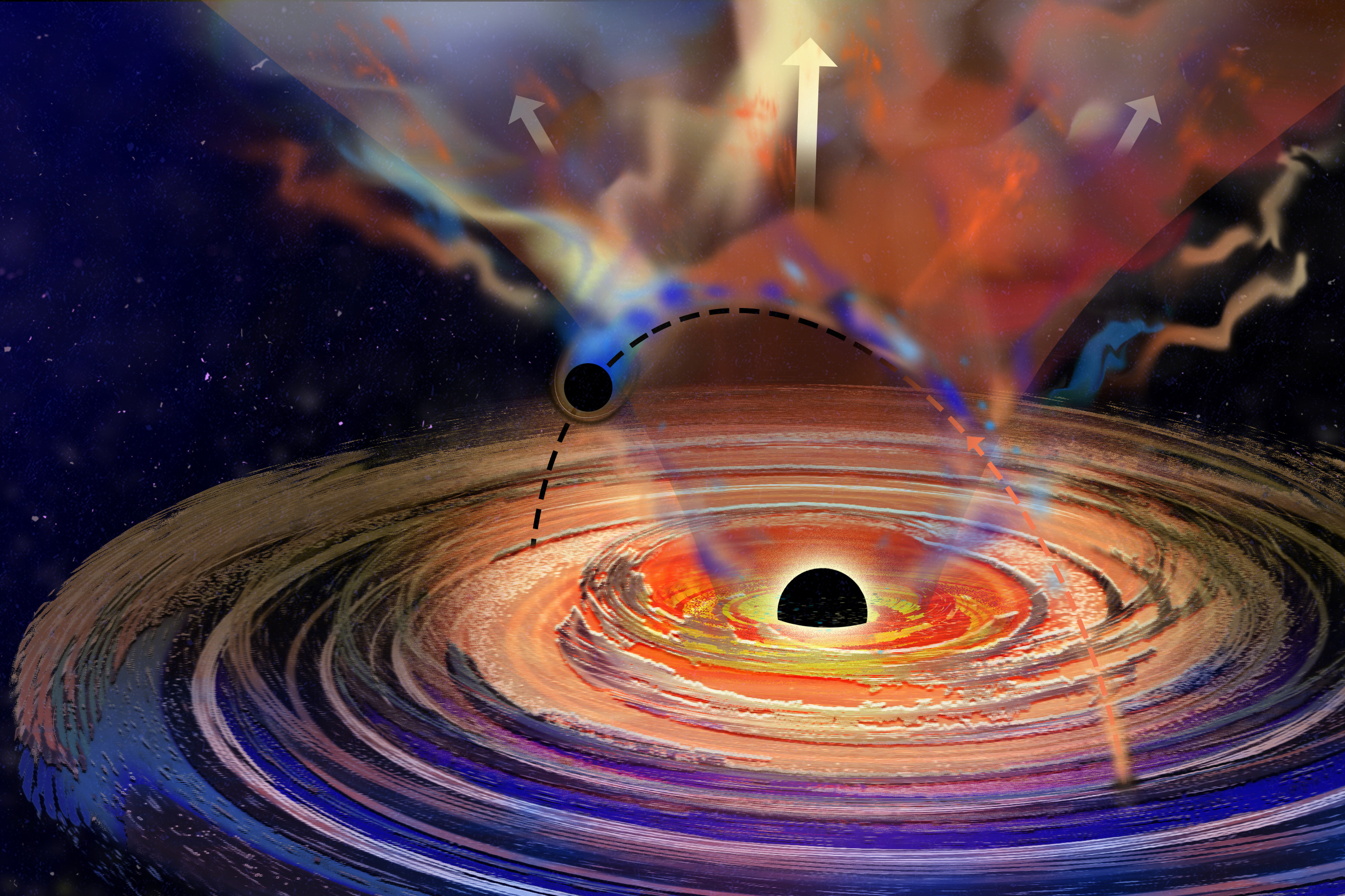Artist’s impression of the exoplanet Proxima Centauri b. Credit: ESO/M. KORNMESSER.
In the quest for life beyond our solar system, a new study delves into the atmospheric dynamics of planet Proxima Centauri b, illuminating ozone’s pivotal role in shaping planetary climates. This research signifies a significant leap forward in our understanding of habitable exoplanets.
The study led by Dr. Assaf Hochman from the Fredy and Nadine Herrmann Institute of Earth Sciences at the Hebrew University of Jerusalem and team uncovered new insights into the atmospheres of Earth-like exoplanets. Their research marks a significant leap forward in understanding habitable worlds beyond our solar system.
The emergence of next-generation observatories, including the James Webb Space Telescope and advanced ground-based telescopes like ELTs, LIFE, and HWO, has ushered in a new era of exoplanetary exploration. The study led by Dr. Hochman in collaboration with Dr. Paolo De Luca of the Barcelona Supercomputing Center in Spain, Dr. Thaddeus Komacek of the University of Maryland in the United States, and Mr. Marrick Braam of The University of Edinburgh in England, focuses on the enigmatic Proxima Centauri b, an exoplanet tantalizingly close to Earth’s solar system.
The paper is published in the journal Monthly Notices of the Royal Astronomical Society.
The team uncovered ozone’s role in shaping Proxima Centauri b’s climate dynamics. Their findings, derived from sophisticated coupled climate chemistry model simulations and recent advances in dynamical systems theory, reveal a relationship between ozone levels and atmospheric stability.
“Imagine a world where ozone affects temperature and wind speed and holds the key to a planet’s very habitability,” says Dr. Hochman. “Our study unveils this intricate connection and underscores the importance of considering interactive ozone and other photochemical species in our quest to understand Earth-like exoplanets.”
Key findings from the study reveal the impact of interactive ozone on the planet’s atmospheric properties. Notably, the research highlights the significant influence of ozone on atmospheric temperature distribution and wind patterns.
By incorporating ozone’s influence, the team observed reduced hemispheric temperature differences and increased atmospheric temperature at specific altitudes, hinting at the delicate balance between the atmosphere’s chemical composition and climate dynamics.
Furthermore, the study unveils a framework for comprehending the influence of photochemical species on the climate dynamics of exoplanets, opening the door to a deeper understanding of habitable environments beyond our solar system.
“We stand at the brink of a new era in exoplanetary exploration,” says Dr. Hochman. “With each discovery, we inch closer to unraveling the mysteries of distant worlds and perhaps even finding signs of life beyond Earth.”
The study advances our knowledge of Proxima Centauri b and lays the groundwork for future investigations into exoplanetary atmospheres. By extending this framework to other potentially habitable exoplanets, scientists aim to unravel the diverse range of atmospheric compositions and climate regimes across the cosmos, allowing a better understanding of Earth’s climate dynamics.
More information:
P De Luca et al, The impact of Ozone on Earth-like exoplanet climate dynamics: the case of Proxima Centauri b, Monthly Notices of the Royal Astronomical Society (2024). DOI: 10.1093/mnras/stae1199
Provided by
Hebrew University of Jerusalem
Citation:
New study delves into ozone’s influence on exoplanetary climate (2024, May 8)
retrieved 4 June 2024
from https://phys.org/news/2024-05-delves-ozone-exoplanetary-climate.html
This document is subject to copyright. Apart from any fair dealing for the purpose of private study or research, no
part may be reproduced without the written permission. The content is provided for information purposes only.




